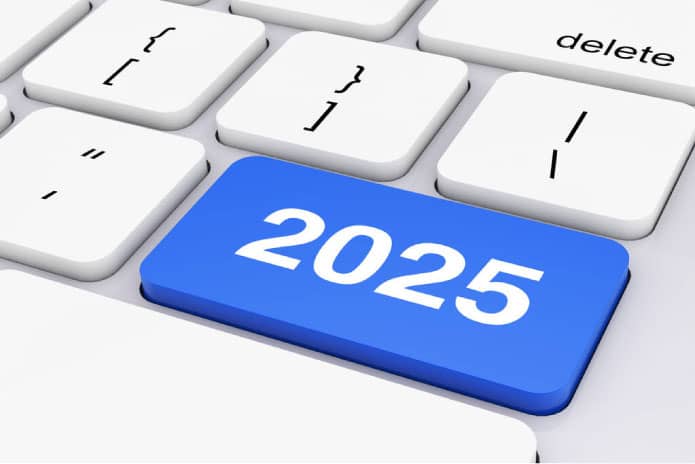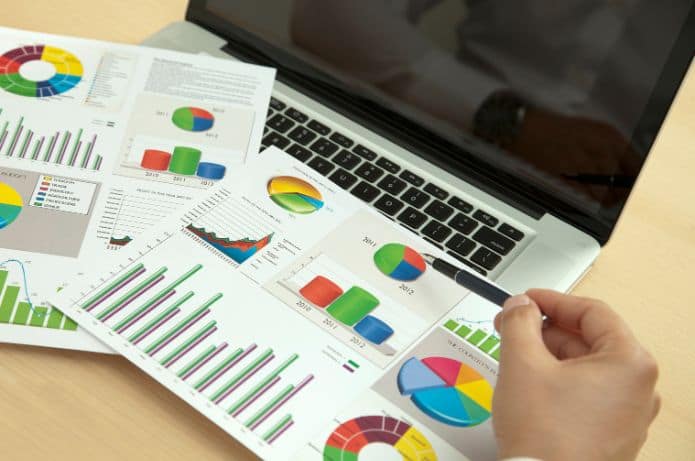Watch a live broadcast where the host demonstrates products, answers your questions in real time, and with a simple click, you can purchase the product without leaving home. This experience, known as live commerce, is revolutionizing e-commerce by combining interaction with convenience.
A study conducted by the MARCO agency in 14 countries reveals that Brazilians are among the most affected by digital advertising in the world. Here, 73% of consumers have already purchased something influenced by digital personalities.
But how does that work? During live sessions, brands and influencers establish a direct connection with the audience, showcasing products, clarifying doubts in real-time, and offering exclusive promotions, all while consumers have the opportunity to purchase instantly.
For Victor Okuma, Country Manager of Indigitall, a company specialized in omnichannel communication, live commerce not only facilitates sales conversion. As lives create personalized experiences, promote transparency, and strengthen the emotional connection between brands and consumers. This engagement not only humanizes companies but also contributes to building solid and lasting relationships, which is essential in an increasingly competitive market.
Okuma also emphasizes that real-time interaction during live broadcasts allows brands to better understand customer needs and quickly adapt their strategies. This dynamic is an opportunity for companies to differentiate themselves by offering more than a product: an experience that adds value, fosters customer loyalty, and enhances the perception of trust and credibility in the market.
With the revenue of online stores in Brazil projected to reach R$ 205 billion in 2024, according to the Brazilian Association of Electronic Commerce (ABCOMM), and an estimated number of 90 million virtual buyers, omnichannel strategies become even more relevant. The model, which integrates physical stores, virtual stores, and communication channels, is essential to attract the audience and boost sales, including during e-commerce live streams.
You are interested in entering the live commerce universe and boosting your results even further, but now you're wondering: where to start?
Indigitall shares valuable tips to transform your live streams into engagement and conversion opportunities:
Listen to your audienceDiscover what your audience wants to see on the live. Desired products? Unmissable promotions? When the audience feels part of the construction, engagement skyrockets. Interacting with your audience, whether through polls, comments, or feedback, can guide your decisions and create a more personalized and engaging experience.
Bet on the right faceThe success of the live starts with those on the screen. Choose influencers who master the art of live interaction and selling. They need not only to have charisma but also to understand the products and connect with the audience authentically. This proximity is essential to build trust and stimulate sales.
Be strategic with your scheduleDo not compete directly with live broadcasts of similar brands. Avoiding overlaps may be the key to maximizing results. Get to know your audience's behavior and choose times when they are more likely to participate. Additionally, be aware of peak viewing periods, such as weekends or holidays.
Create expectationUse all your channels to warm up the audience before the live. Announce schedules, promotions, and who will be hosting. This keeps the audience interested and ready to buy. Advance can be a powerful ally, generating curiosity and increasing participation rates.
Ensure a flawless experienceFrom technical support to logistics, every detail matters. Ensure that the stock is aligned and that after-sales service offers agility and transparency. The customer experience does not end with the purchase, and ensuring a fast and efficient delivery process is essential to retain consumers.
Bet on technologyToday, there are intuitive platforms and apps that allow you to create your own live commerce, on custom domains. These tools facilitate the integration of features such as live chat, instant payments, and real-time tracking, making the experience smoother for both the consumer and the seller.
OmnichannelThe great secret to the success of a live commerce goes beyond the live broadcast. It ranges from attracting participants to integrating all aspects of the purchasing journey, including retention and the completion of purchases. It involves connecting physical and digital channels in an integrated way, providing a seamless and uninterrupted shopping experience, making the process more convenient and personalized for the customer.
“You are on the live stream, you are interested in a product, you click on the platform and you receive the order on WhatsApp, all automatically and instantly. There, you can also make your payment and track the delivery. This is the convenience of the service of the future”, adds Victor Okuma.
The research "Omnichannel and Unified Commerce" by Wake and Opinion Box confirms this trend: 78.9% of consumers switch between physical and digital channels in their shopping journeys, with 56.6% completing their purchases digitally.
“This shows that it is essential to create a fluid and integrated purchasing journey, which allows the consumer to choose the channel that best suits them, without losing the consistency and quality of the brand experience. Offering this flexibility to the customer not only improves the experience, but also increases the likelihood of conversions, building consumer loyalty over time”, concludes the Country Manager of Indigitall.











